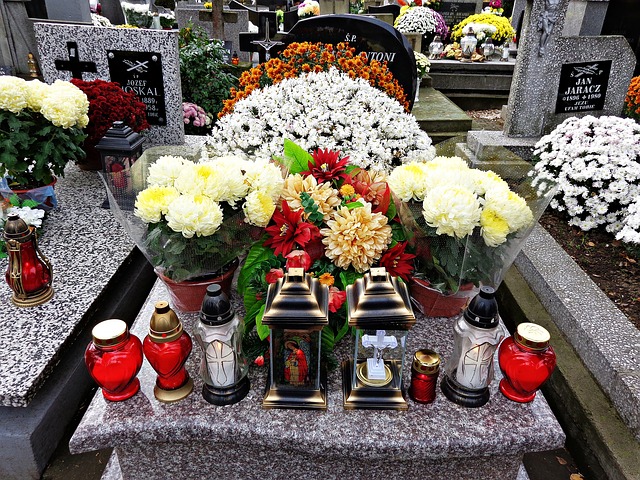This article was written by Khyati Tripathi, a Commonwealth split-site PhD scholar from the Department of Psychology, University of Delhi, India and pursing a year of her PhD in the Department of Psychosocial Studies at Birkbeck under the supervision of Professor Stephen Frosh. Khyati has been selected for Cumberland Lodge’s Emerging International Leaders Programme on Freedom of Religion or Belief.
 Through my PhD project, I am trying to understand how varied social constructions of dead bodies lead to different conceptualizations of death in a culture with a special focus on mortuary techniques (embalmment per se). Death is more than just a biological fact; it is also a social phenomenon. A dead body is the carrier of the social meanings that a culture attaches to death. Each culture has a different lens to look at the bodies whether it be male bodies, female bodies or dead bodies. Through my research I want to know how these cultural lenses differ by drawing a cross-cultural comparison between Delhi (India) and London (UK).
Through my PhD project, I am trying to understand how varied social constructions of dead bodies lead to different conceptualizations of death in a culture with a special focus on mortuary techniques (embalmment per se). Death is more than just a biological fact; it is also a social phenomenon. A dead body is the carrier of the social meanings that a culture attaches to death. Each culture has a different lens to look at the bodies whether it be male bodies, female bodies or dead bodies. Through my research I want to know how these cultural lenses differ by drawing a cross-cultural comparison between Delhi (India) and London (UK).
As a curious researcher, I have always been intrigued by the untouched complexes of human existence and death is one of them. This interest is closely tied with my experience of losing a friend in an accident when I was 14 and since then I have been on an ongoing quest to ‘know death’. I have been working in the area of death and related themes for eight years now and this journey started with my first project in the final year of my undergraduate degree, which focused on the impact of physical health on death anxiety, where I worked with terminally ill (cancer patients), chronically ill and healthy individuals. A second research project that soon followed studied death personification i.e. how would people perceive death as a human or a person? A third analyzed the death rituals of three religions- Hinduism, Islam and Christianity and a fourth was an ethnographic study to explore experiences of Hindu death priests of north India.
I have had many different experiences working on these projects. I remember sitting in the waiting area of the hospital where I had to meet cancer patients for my first project and not wanting to go inside thinking ‘I cannot do this’. I had presumed that none of the patients would want to talk to me about death and I would out rightly be rejected and dismissed. Gathering strength, I went inside the ward where I could see at least 15 beds. I took a right and approached the corner most one. There sat a 73-year-old man reading a newspaper. I greeted him and explained to him the purpose and objectives of my study. He replied saying, “of course, ask me whatever you want” while signing the informed consent. My interaction with him lasted almost six hours. My first ever participant made me realize that as a researcher you need to have no notions and assumptions about your field. There were quite a few patients who wanted to talk about death with me because they did not want to talk about it with their family members. I can’t say that I was never rejected, I was – a lot and I accepted all rejections with respect. I knew that I was working in a sensitive research area and needed to be receptive.
I am asked a lot if working in this area makes me ‘depressed’. I would say no, it doesn’t but it does make me ask questions about our existence as humans. It gets overwhelming a lot of times and I distance myself when I feel saturated. My parents have been my pillars of strength. They supported me in each and every endeavor of mine and have given me the emotional care, support and motivation that I needed to continue.
I believe that life is a mystery that unfolds gradually but death is a bigger mystery because it is uncertain and this uncertainty and unpredictability about death make people anxious. Through my research, I want to study different aspects of death (ritual-based, culture-based, etc.) and contribute to the field of ‘Death Education’ in India and elsewhere.
